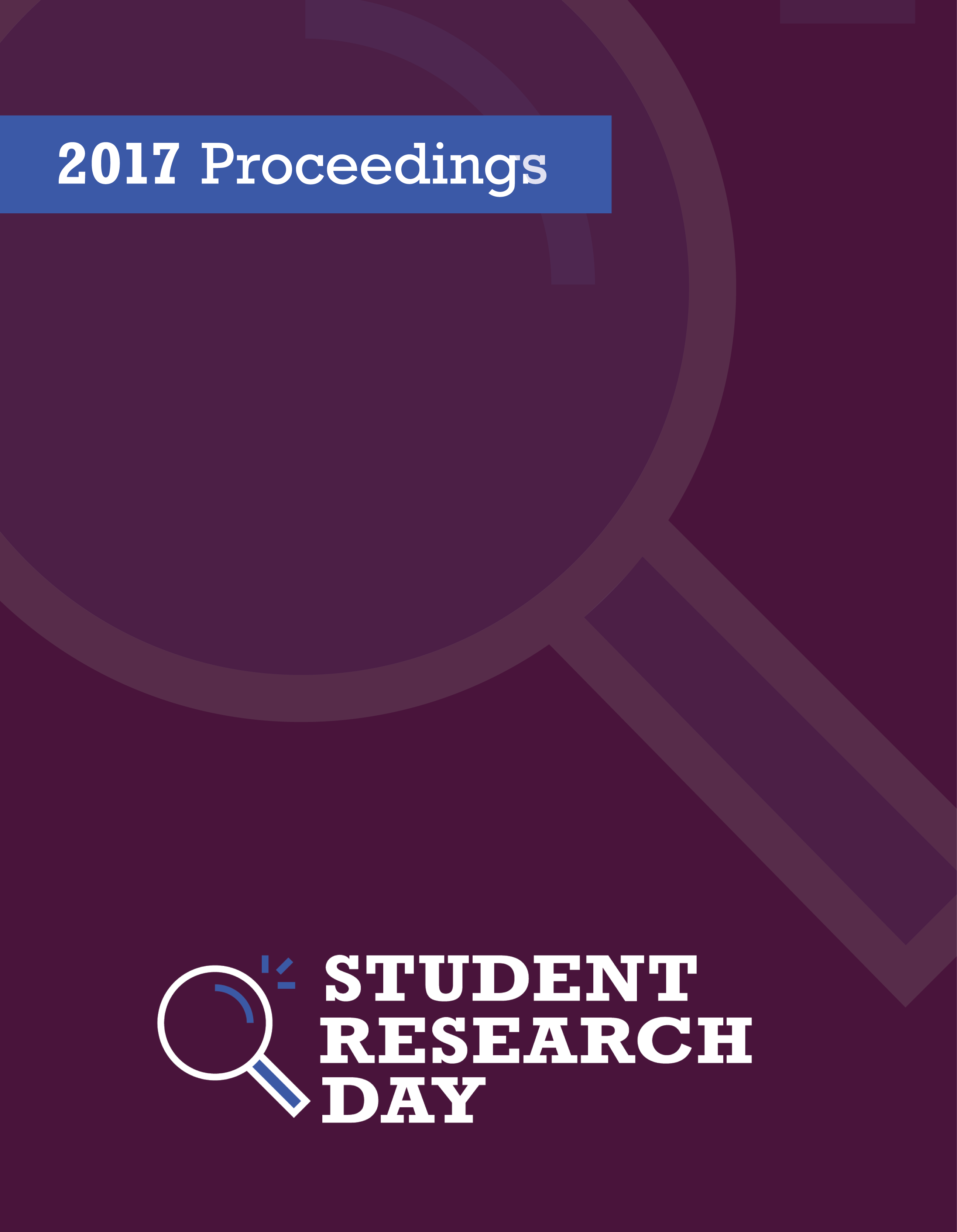Best Practices for Maintaining Housing with Intellectually Disabled John Howard Clients
Abstract
Intellectually disabled offenders are a heterogenous group with varying needs and abilities. Therefore, further study is required to meet the needs of this diverse population that is overrepresented in the criminal justice system. The objective of this research is to create a sense of understanding in regards to housing and support services needed for criminalized or high needs individuals with intellectual disabilities who are housed at Independence Apartments, a federal halfway house run by the Edmonton John Howard Society. Semi-structured interviews were conducted with stakeholders of the Persons with Developmental Disabilities (PDD) program at Independence Apartments. These stakeholders included professionals, PDD clients, and non PDD clients also housed at Independence Apartments. This presentation examines the effectiveness of having both PDD and non PDD programs running under one roof and explores the support service needs of the PDD clients housed at Independence Apartments. Preliminary results show that moving the PDD program to a separate facility would be beneficial for the PDD client group because the PDD clients tend to have difficulty following house rules and are often taken advantage of by the clients in the halfway house program.
Discipline: Sociology
Faculty Mentor: Dr. Michael Gulayets
References
Downloads
Published
Issue
Section
License
Authors retain any and all existing copyright to works contributed to these proceedings.



